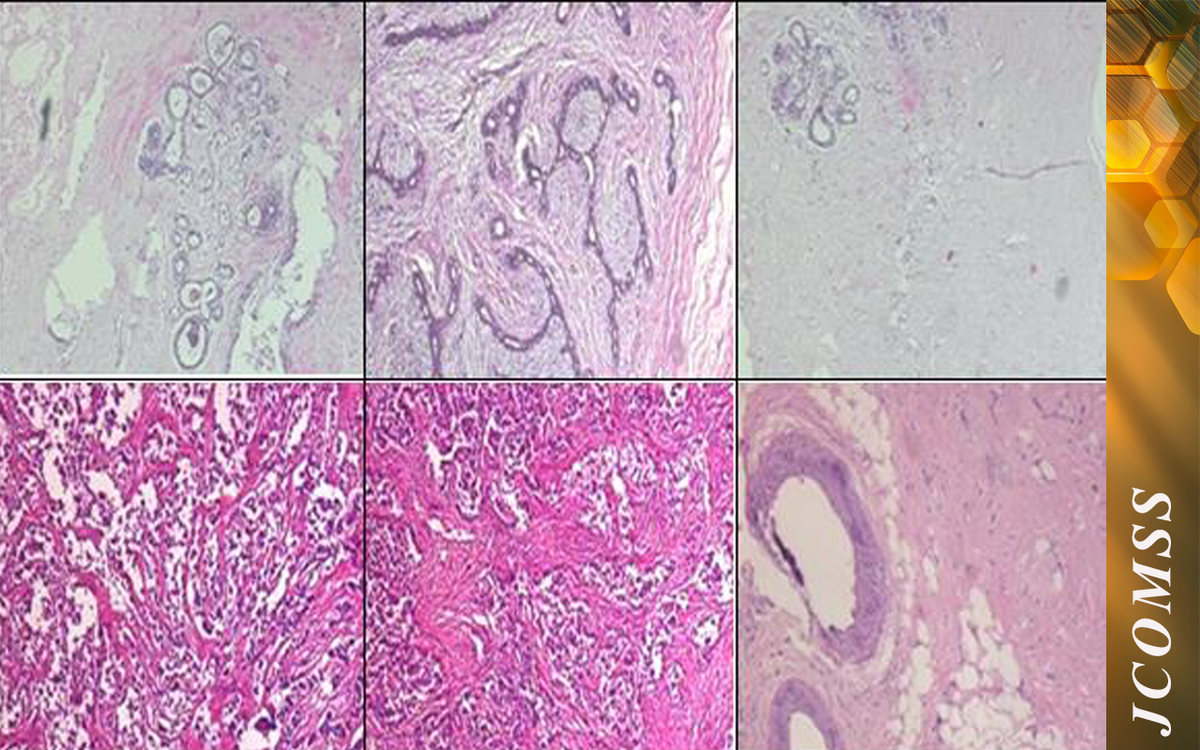Ensemble of Local Texture Descriptor for Accurate Breast Cancer Detection from Histopathologic Images
By Naaman Omar | Journal of Communications Software and Systems
https://doi.org/10.24138/jcomss-2022-0089
Histopathological analysis is important for detection of the breast cancer (BC). Computer-aided diagnosis and detection systems are developed to assist the radiologist in the diagnosis process and to relieve the patient from unnecessary pain. In this study, a computer-aided diagnosis system for the early detection of benign and malignant breast cancer is proposed. The proposed system consists of feature extraction, feature ensemble, and classification stages. Various preprocessing steps such as grayscale conversion, noise filtering, and image resizing are employed on the input histopathological images. The local texture descriptors namely Local Binary Pattern (LBP), Frequency Decoded LBP (FDLBP), Binary Gabor Pattern (BGP), Local Phase Quantization (LPQ), Binarized Statistical Image Features (BSIF), CENsus TRansform hISTogram (CENTRIST), and Pyramid Histogram of Oriented Gradients (PHOG) are employed for feature extraction from the histopathologic images. The obtained features are then concatenated for the construction of the ensemble of the features. Three classifiers namely Support Vector Machines (SVM), K-nearest neighbor (KNN), and Neural Networks (NN) are used in the detection of the BC and the classification accuracy score is used for performance evaluation. A dataset called BreaKHis is used in the studies. There are 9109 microscopic pictures in BreaKHis, with 2480 benign samples and 5429 malignant samples. During the collection of the data, 82 patients' breast tumor tissues were envisioned using various magnification factors such as 40X, 100X, 200X, and 400X. The accuracy score is used to assess the acquired findings. The results show that the proposed method has the potential to use accurate BC detection.

